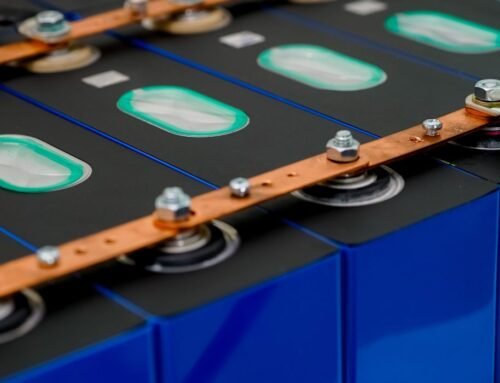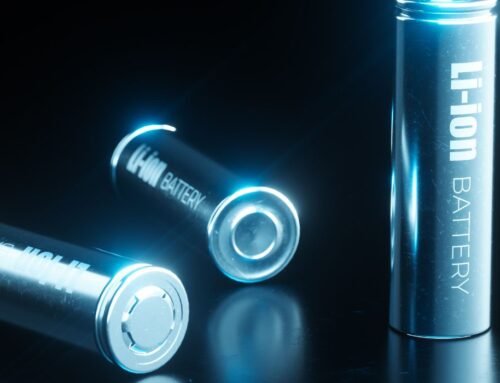Choosing the right battery type can make or break your application—whether you’re building an EV, solar backup system, or portable device. There are several battery chemistries out there, each with its pros, cons, and ideal use cases.
In this guide, BatteryVision breaks down the key differences between Lithium-ion, LiFePO4, NiMH, and NiCd batteries, helping you make informed decisions based on performance, cost, and longevity.
1. Lithium-ion (Li-ion) Batteries
Overview: The most commonly used rechargeable battery today.
Pros:
- High energy density
- Lightweight
- Fast charging
- Low self-discharge
Cons:
- Sensitive to temperature
- Needs built-in protection circuits
Ideal For:
- Electric vehicles (EVs)
- Mobile electronics
- Industrial tools
BatteryVision’s Expertise: We manufacture custom lithium-ion battery packs for a wide range of applications with built-in BMS and temperature protection.
2. LiFePO4 (Lithium Iron Phosphate) Batteries
Overview: A subtype of lithium-ion, known for superior safety and thermal stability.
Pros:
- Long cycle life (2000–5000 cycles)
- Thermal and chemical stability
- Eco-friendly
Cons:
- Lower energy density compared to Li-ion
Ideal For:
- Solar storage
- Backup power systems
- Electric buses and 3-wheelers
BatteryVision’s Recommendation: Ideal for high-safety, long-life applications like solar and grid backup systems.
3. NiMH (Nickel Metal Hydride) Batteries
Overview: Older rechargeable battery technology still used in select applications.
Pros:
- Good energy density
- Environmentally safer than NiCd
Cons:
- Higher self-discharge
- Limited lifespan vs. lithium
Ideal For:
- Toys and consumer electronics
- Medical devices
BatteryVision’s Note: Still useful for legacy designs or cost-sensitive projects.
4. NiCd (Nickel-Cadmium) Batteries
Overview: One of the earliest rechargeable battery chemistries.
Pros:
- Strong performance in extreme temperatures
- Robust and reliable
Cons:
- Memory effect
- Environmental concerns due to cadmium
Ideal For:
- Emergency lighting
- Power tools in harsh environments
BatteryVision’s Position: We supply NiCd cells for specific industrial and military-grade uses.
How to Choose the Right Battery?
BatteryVision helps you choose based on:
- Application type
- Budget
- Size and weight constraints
- Charging speed
- Expected lifespan
We design and build custom battery packs that align perfectly with your project’s needs.
Conclusion
From EVs to solar, and from consumer gadgets to industrial tools—each battery type has its place. With over 5 years of experience, BatteryVision offers expert guidance and end-to-end manufacturing for Lithium-ion, LiFePO4, NiMH, and NiCd battery solutions.
Need help choosing the right battery? Let BatteryVision power your idea with precision and reliability.




Leave A Comment